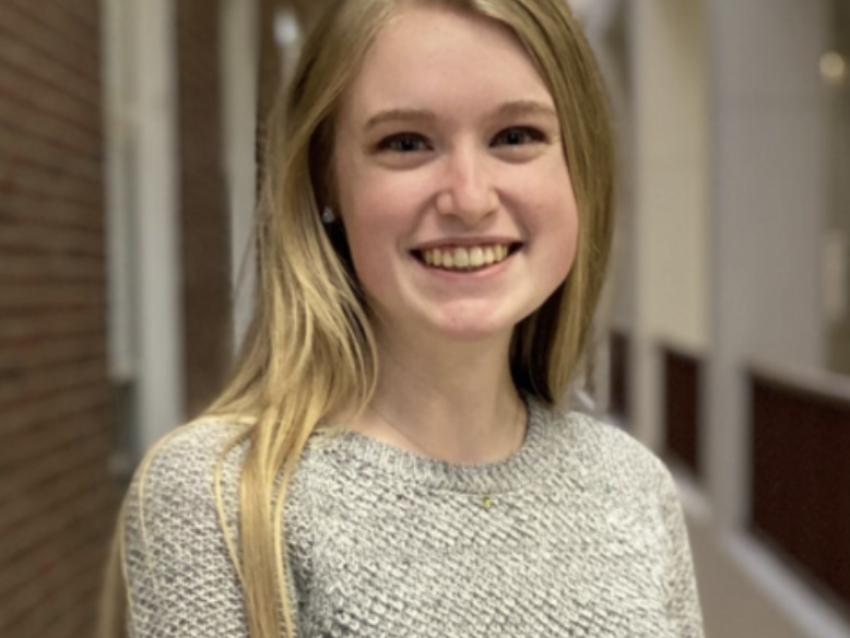
Summer Research Fellow Spotlight Alexis Taylor
"The African Green Monkey (AGM; Chlorocebus aethopis sabaeus) is a non-human primate that develops spontaneous hypertension (HT) with cardiovascular pathologies very similar to human primates. The AGM is also an invasive species on the island of St. Kitts & Nevis which has allowed our research group to develop an active colony of animals for biomedical research including specific breeding groups which mate normotensive (NT) and hypertensive (HT) males with HT and NT females. In my proposed study, I will use DNA extraction and PCR to perform whole genome sequencing on each animal to assess and identify genetic loci that co-migrate with the development of offspring HT. These genetic analyses will include genome wide correlations with both maternal and paternal genomes. Quantitative trait loci (QTL) will be used to identify genomic loci that associate with HT. The ultimate goal of QTL will be to assess genotypic differences that associate with the phenotypic difference of HT."
Q: How did you first get interested in undergraduate research at UK?
A: "I was enrolled in an introductory research biology lab (BIO 199) and this is where I was first introduced to what research entailed and what some of the research projects at UK are."
Q: How long have you been engaged in undergraduate research?
A: "Almost 2 years!"
Q: Describe what a typical day of remote summer research activity looks like for you. How does this differ from your pre-COVID research activity?
A: "A lot of my research now is analyzing data instead of collecting the data and analyzing it. My research this summer is more independent than it was pre-COVID as I also worked with other research groups in our lab to help them analyze information about our African Green Monkey colony. However, this has allowed me to advance my own research project as it is my only focus this summer."
Q: What has been the most exciting aspect of your research so far?
A: "The most exciting aspect of my research so far is seeing how my research plays a part in everyone else's research. It is amazing to see how the work that I have done has influenced other projects as we work together to learn more about hypertension."
Q: What advice would you give to other UK students thinking about doing research?
A: "Take the time to look for a lab that has a research interest similar to yours. If you enjoy the work that they do and find it interesting then you will get more out of it and learn a lot more than if you were to join the first lab that you found."
The UK Office of Undergraduate Research's Summer Research & Creativity Fellowship program provides undergraduates with the opportunity to study in a wide variety of disciplines while doing intensive and self-directed research under the supervision of a faculty mentor.